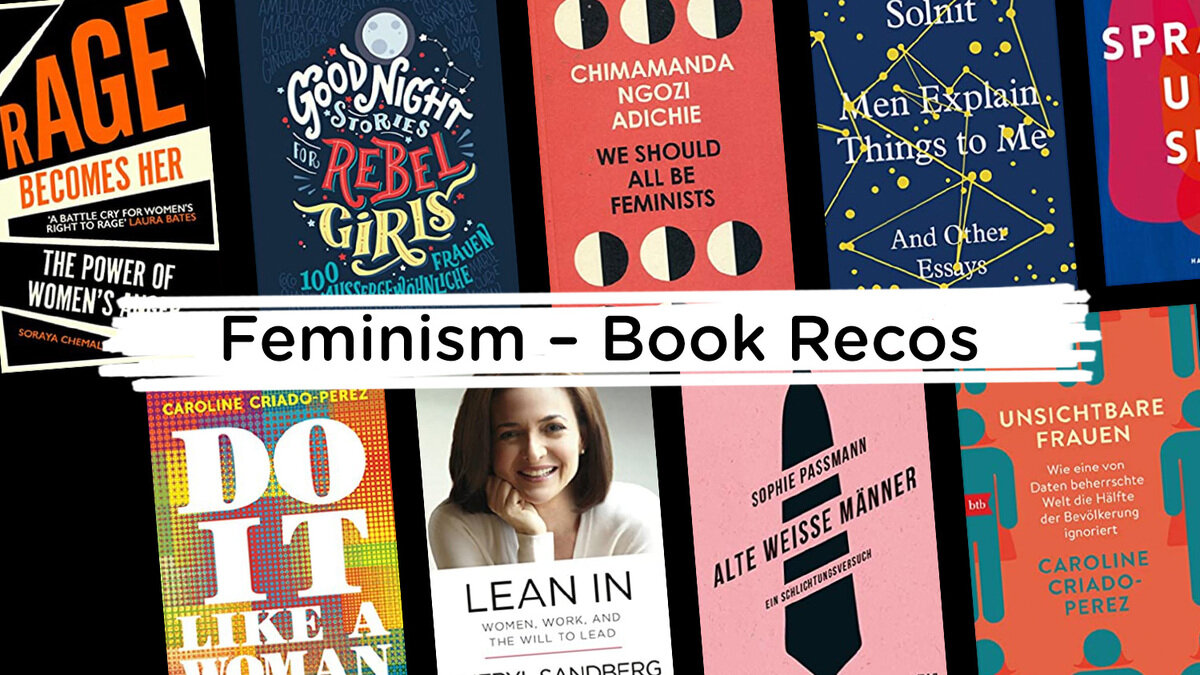The Lack of Gender Parity in the Workplace: A Must-Read Guide
In my time as a product coach, I’ve had the opportunity to work with a number of great product people, and around half of them have been women. My work with leaders and aspiring leaders in the product world has given me insight into many companies and industries. If I’d been an employee, I might have only had experience with a handful of companies, but as a coach I get to work with dozens.
If you believe that the tech industry (and more precisely, the product discipline) is at least trying to be diverse, fair, and open, there is some truth in that statement. But at the same time, I can tell you that as women, we are absolutely facing challenges our male colleagues don’t have (or to put it more gently, fewer men and most of the women are having these issues). To name just a few:
It’s harder for us to negotiate our salaries (not that it is easy for all men... but most women are struggling with this!)
We are often overlooked when promotion decisions are made
We don’t speak up when we are overlooked (we’d rather be perceived as pleasant and easy to work with than draw attention to ourselves and be seen as complainers)
Our careers suffer when we take time off to give birth to and care for young children. At the same time, women who choose not to have children must justify this decision while no one questions men about these choices.
We still have to fight for being equally present on conference stages and expert panels.
Our salaries are often still far away from #equalpay.
I strongly believe that there is a systeic disadvantage or even discrimination baked into all the systems we are living in: Medicine is tested mainly on male test subjects in clinical trials, crash-test-dummies are modeling only male bodies so women do not have the same probability of surviving a car accident, and (most) companies still haven’t even bothered to check if they are paying female employees as much as their male colleagues for exactly the same job.
But if the problem is at the system level, why should we even try to make a difference? Is there anything we can do on a personal level to change things for the better?
The answer is a definite YES!
Keep in mind that this journey is not just for people identifying as women. Every underrepresented group needs allies in the mainstream or dominant group. So if you identify as male, I would love for you to get involved as an ally. This can involve educating yourself on some of the common types of discrimination (like what I described in the bullet points above) and speaking out when you encounter it. You could even step in to help your female colleagues raise awareness about some of these issues within your own company.
Start to form your own opinion: If you have never thought about this topic, observe what happens in the world around you. Read about it, talk to other people, attend some women in product events. It’s worth it!
Tell women immediately if you liked something they did: appreciation helps us to feel seen... and many women don’t get that much of it from their (male) colleagues.
Help women to progress in their careers. Let’s say you get asked if you can recommend some visual design freelancers for a new team your company is staffing and you know two male candidates. Why not do some extra homework and see if you can add a woman to the list? The same applies if somebody asks who should get promoted, which candidate should be hired, and so on. It’s becoming increasingly common for companies to use the Rooney rule. This means that they must commit to interviewing at least one female candidate for each role. Could you institute a similar policy at your company or on your team?
Whenever you are attending events and all the experts are men, point this out to the organizer and ask them to create a more balanced line-up next time. (If you want to call them out on social media, you can use #manels to point out "all-male panels" and #menferences for “all-male conferences.”)
Start to get angry. Discrimination is real. Face it, but don’t let it prevent you from making progress. Find people who are aware of it and willing to help to change the status quo one small step at a time.
The books I recommend are a wide range of feminist literature. I don’t agree with all of them and you don’t have to, either. It’s the discourse that counts here! Happy reading.
A great list of books about or from Women in Design: https://bookshop.org/lists/women-in-design?s=03
And for my German audience:
If there are any books or resources you think are missing from this list, please drop me a line to let me know!
